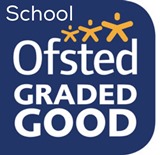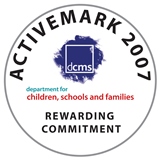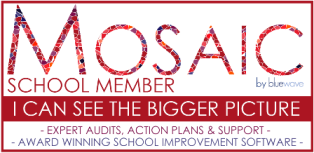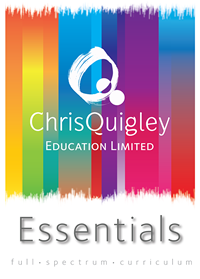HISTORY
INTENT
At Larwood School, our history curriculum is intended to be ambitious and designed to give all pupils, regardless of background, the equal opportunity to gain the knowledge and cultural capital they need to succeed in life and in future education. Our history topics are based on the fundamentals outlined within Chris Quigley Curriculum based on the National Curriculum (2014) and are designed to provide broad and balanced opportunities that are differentiated appropriately to ensure the progressive development of historical concepts, knowledge, and skills. Furthermore, we strive to promote an appetite and fascination about the past that will carry them through future studies and provide all children with the skills and knowledge to understand and engage with the ever-changing world around them. The history curriculum through the school is designed to build every year on children’s previous learning with each history topic linking to and reinforcing understanding of the past and how we, as humans, interpret it.
IMPLEMENTATION
To ensure high standards of teaching and learning in history, we implement a curriculum that is progressive throughout the whole school and therefore designed to help the children to build upon and recall previous knowledge and skills in the long term. History is taught as a cornerstone of one of three topics in each year group; in addition to this, it is also taught as a smaller component within the other two topics. In both events, the content of the teaching is focused on the knowledge and skills stated in the National Curriculum.
The history leader ensures that teachers’ subject knowledge is appropriate through regularly evaluating planning and outcomes from pupil conferencing and book looks as well as discussions with colleagues. This results in the leader working closely with any member of staff who needs assistance or support with their subject knowledge and/or improving and adapting the curriculum where needed. The leader also provides pointers, ideas, and relevant resource pools for all members of staff to ease workload and assist with planning and engagement with the subject knowledge they are being asked to teach.
As aforementioned, the history curriculum at Larwood School is based upon the 2014 National Curriculum in England, which provides a broad framework and outlines the knowledge and skills taught in each key stage. There are 10 knowledge categories in the Chris Quigley curriculum and the teacher covers several each topic. These knowledge categories stay the same throughout primary school, so pupils are able to learn over time how to apply historian skills to different topics in history. Teachers plan lessons for their year groups using our sequencing document, matching each skill to a lesson where the children’s knowledge of their current topic area is built upon. Both documents together ensure that the curriculum is effectively covered, and the skills/knowledge taught is progressive through the year groups. For example, Year 4 learn about Britain in the Stone Age to the Iron Age. This gives context and background to their year 3 learning about Roman, Viking and Anglo-Saxon invasions of Britain and how these foreign cultures moulded the society that we have today. Alongside this, teachers consider how to include transferable skills – such as reading fluency and numeracy skills (such as interpreting graphs) – within their planning.
At our school, history is challenging yet accessible to all – including SEN and gifted and talented children. We differentiate our lessons and activities to suit a range of abilities ensuring that all children can learn at a pace and level that is appropriate to their needs, whether that means extending and stretching gifted and talented children through the use of investigations, analysing sources and writing extended pieces or scaffolding learning and providing more adult support for with children with additional needs.
Opportunities for history learning take place both inside and outside the classroom at Larwood. Every year group books trips and visitors appropriate to their topic that spark curiosity and engagement in the study of history. As well as this, teachers are encouraged to plan fun, intriguing activities for their topics that take the children away from their desks and out of their classrooms. Each topic starts with a ‘Stunning Start’ that should pique the children’s interest and ends with a ‘Fantastic Finish’ that in some way shows off or demonstrates the children’s learning within the topic. Outside of school hours, the History Club gives a group of KS2 children, with a passion for history, the opportunity to dive deeper into the subject – interviewing local residents, investigating pictorial sources and generating and answering their own enquiry questions.
IMPACT
The history curriculum at Larwood is of a high quality, well planned and demonstrates progression. The impact of this is measured through the following methods: by assessing children’s understanding of topic vocabulary through Larwood mentoring, images and videos of the children’s practical learning, moderation of children’s work within their books – book scrutinises, staff meetings with an opportunity to scrutinise and discuss children’s progress and outcomes, marking of written work in books and annual reporting of standards across the history curriculum. Children will leave Larwood School with a good understanding of the history of the United Kingdom from its roots to 1066. They will also be able to compare this knowledge with knowledge of the histories of civilisations from other countries including, Ancient Egypt, Ancient Greece, and Ancient Benin. This will give them a good foundation for their secondary learning alongside their understanding of the world around them and how it came to be.









